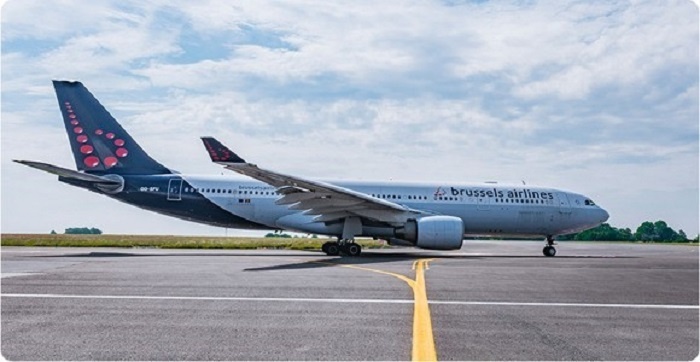
Brussels Airlines begins roll-out of A330-300 aircraft
Together with Lufthansa, Brussels Airlines is investing in the replacement of seven of its ten A330 long-haul aircraft.
The project is the most important investment in the 16-year history of the carrier and the first time that the airline will operate long-haul aircraft that are owned and not leased.
In November, after 25 years’ service, the first A330 successfully left Brussels Airlines fleet.
With its new long-haul aircraft, Brussels Airlines will be able to offer customers even more comfort, with quieter, more efficient and environmentally friendlier planes.
Besides new aircraft, the airline is also investing in an entirely new cabin interior for all three travel classes, providing guests a greater on-board comfort and a best-in-class travel experience on all international flights to Africa and the North Atlantic.
ADVERTISEMENT
After a comprehensive study where Brussels Airlines and Lufthansa analysed the current and future intercontinental network of the Brussels based carrier, as well as at its capacity needs for both passengers and cargo and the available aircraft types on the market, it was decided to pursue the A330-300 CEO series.
From an economic and operational point of view, this aircraft type is the best fit for Brussels Airlines as it brings many benefits such as a significantly higher range than its current Airbus A330 fleet and a higher maximum take-off weight, offering more freight capacity.
While Brussels Airlines is currently flying with different engine types, the CEO aircraft will be equipped with Rolls Royce Trent 700 engines.
This engine type, that consumes less fuel and emits less noise and CO2, is already in use at several other Lufthansa Group airlines.
On November 13th, after 25 years’ service, the first A330 aircraft with tail number OO-SFN successfully left the Brussels Airlines fleet.
The new A330 program will gradually take place in the upcoming months and will be finalised by the start of 2020.

